I'm having some trouble with the new MS CRM 2015 as I cannot make my plugins fire. I even tried to take some of the very simple plugin samples from the 2015 SDK and register them 'non sandbox' but the result is the same.
The only thing I cant actually get to do anything on the triggering event is the plugin profiler, but that doesn't really help me much.
Has anyone else had this problem?
I could really use some advice on what to try/check next because Google doesn't appear to be my friend in this case?
The current deployment is on-premise by the way but there is no Visual Studio available on the server.
Here is the code from sample which I have altered just a tiny bit to only trigger on 1 specific account.
using System;
using System.ServiceModel;
using Microsoft.Xrm.Sdk;
namespace Microsoft.Crm.Sdk.Samples
{
public class FollowupPlugin: IPlugin
{
public void Execute(IServiceProvider serviceProvider)
{
//Extract the tracing service for use in debugging sandboxed plug-ins.
ITracingService tracingService = (ITracingService)serviceProvider.GetService(typeof(ITracingService));
// Obtain the execution context from the service provider.
IPluginExecutionContext context = (IPluginExecutionContext)serviceProvider.GetService(typeof(IPluginExecutionContext));
//</snippetFollowupPlugin1>
//<snippetFollowupPlugin2>
// The InputParameters collection contains all the data passed in the message request.
if (context.InputParameters.Contains("Target") && context.InputParameters["Target"] is Entity)
{
// Obtain the target entity from the input parameters.
Entity entity = (Entity)context.InputParameters["Target"];
//</snippetFollowupPlugin2>
// Verify that the target entity represents an account.
// If not, this plug-in was not registered correctly.
if (entity.LogicalName != "account")
return;
try
{
if (entity.Attributes.ContainsKey("accountid"))
{
if (entity.GetAttributeValue<Guid>("accountid").ToString().ToLower() == "ee03d883-5b18-de11-a0d1-000c2962895d") // specific test account
{
// Create a task activity to follow up with the account customer in 7 days.
Entity followup = new Entity("task");
followup["subject"] = "Send e-mail to the new customer.";
followup["description"] = "Follow up with the customer. Check if there are any new issues that need resolution.";
followup["scheduledstart"] = DateTime.Now.AddDays(7);
followup["scheduledend"] = DateTime.Now.AddDays(7);
followup["category"] = context.PrimaryEntityName;
// Refer to the account in the task activity.
if (context.OutputParameters.Contains("id"))
{
Guid regardingobjectid = new Guid(context.OutputParameters["id"].ToString());
string regardingobjectidType = "account";
followup["regardingobjectid"] = new EntityReference(regardingobjectidType, regardingobjectid);
}
//<snippetFollowupPlugin4>
// Obtain the organization service reference.
IOrganizationServiceFactory serviceFactory = (IOrganizationServiceFactory)serviceProvider.GetService(typeof(IOrganizationServiceFactory));
IOrganizationService service = serviceFactory.CreateOrganizationService(context.UserId);
//</snippetFollowupPlugin4>
// Create the task in Microsoft Dynamics CRM.
tracingService.Trace("FollowupPlugin: Creating the task activity.");
service.Create(followup);
}
}
}
//<snippetFollowupPlugin3>
catch (FaultException<OrganizationServiceFault> ex)
{
throw new InvalidPluginExecutionException("An error occurred in the FollupupPlugin plug-in.", ex);
}
//</snippetFollowupPlugin3>
catch (Exception ex)
{
tracingService.Trace("FollowupPlugin: {0}", ex.ToString());
throw;
}
}
}
}
}
Registration screenshots:

